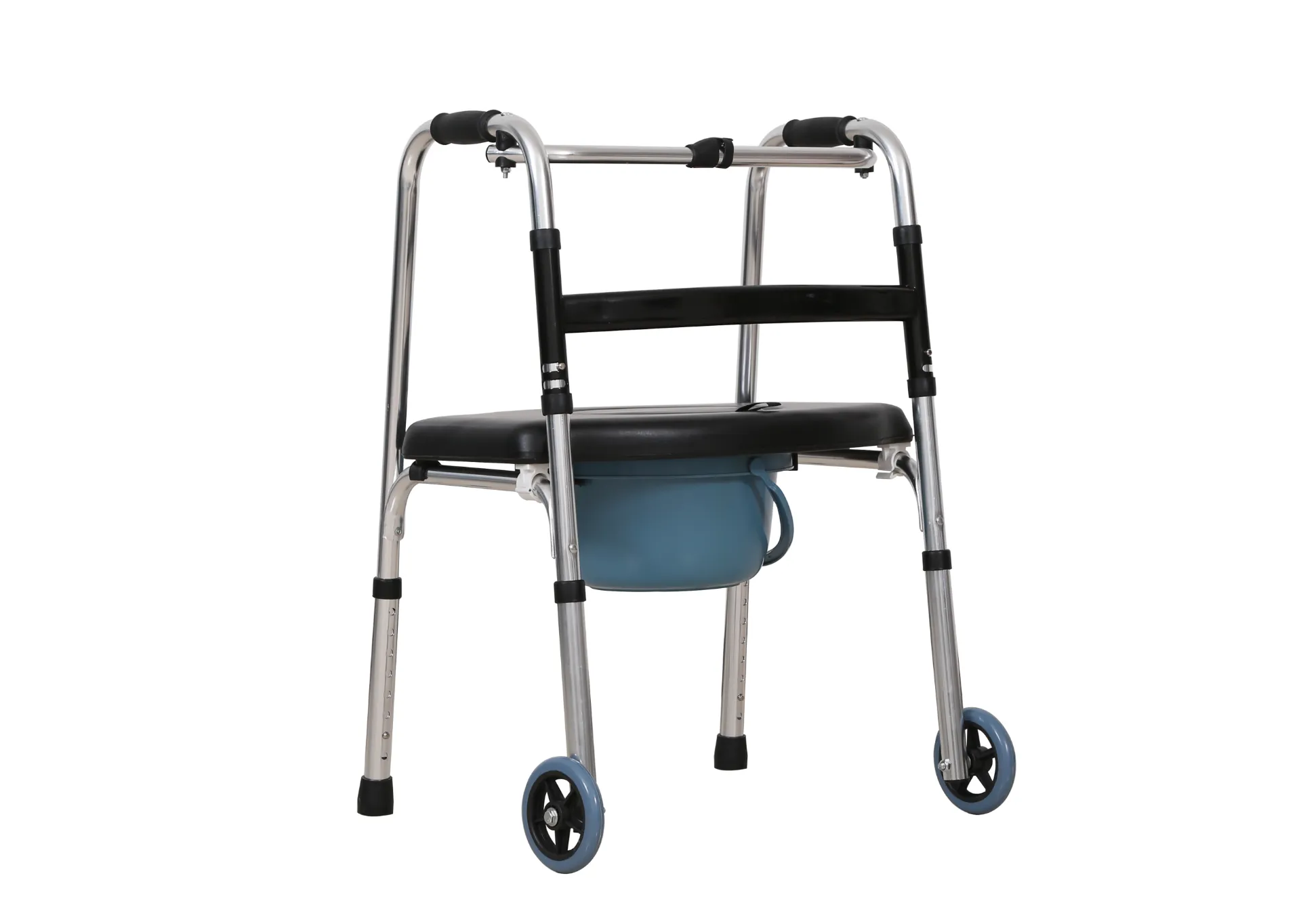Welcome to our websites!
Essential Hospital Furnishings and Medical Equipment for Optimal Patient Care
Hospital Furniture and Equipment Essential Components for Effective Healthcare Delivery
In the rapidly evolving field of healthcare, the quality of furniture and equipment within hospitals plays a crucial role in ensuring patient comfort, staff efficiency, and overall facility functionality. Hospital furniture and equipment encompass a wide range of items, from basic hospital beds to sophisticated diagnostic machines, all designed to create an environment conducive to healing and effective care provision.
1. Importance of Hospital Furniture
Hospital furniture is more than just functional; it significantly impacts the healing process. Comfortable and ergonomically designed furniture can enhance patient comfort, which is vital for recovery. For instance, adjustable hospital beds with various positions allow patients to find their preferred resting posture, promoting better sleep and comfort. Moreover, easy-to-clean surfaces and materials are essential in maintaining hygiene, preventing hospital-acquired infections.
In addition to patient care, the design of staff areas and waiting rooms also deserves attention. Ergonomic chairs and desks in staff workstations can reduce fatigue and improve productivity. Similarly, well-designed waiting areas with comfortable seating, informative materials, and calming aesthetics can enhance the experience for both patients and their families, helping to alleviate anxiety associated with medical procedures.
2. Essential Equipment for Healthcare Delivery
Hospital equipment is vital for diagnosis, treatment, and monitoring of patients' health conditions. This includes a variety of machines and tools ranging from imaging equipment to surgical instruments. For example, MRI and CT scanners are indispensable for accurate diagnosis, providing intricate details about a patient’s internal structure without invasive procedures.
Surgical equipment, like operating tables and surgical lights, is equally critical. Advanced surgical tables offer flexibility and stability, enabling surgeons to perform complex procedures with precision. Additionally, modern surgical lights provide clear illumination, crucial during delicate operations.
Monitoring equipment, such as patient monitors and infusion pumps, is also essential in critical care settings. These devices allow healthcare providers to closely observe vital signs and administer medication precisely, ensuring that patients receive timely and appropriate care.
hospital furniture and equipment

3. The Role of Technology in Hospital Equipment
With the advent of technology, hospital furniture and equipment are becoming increasingly sophisticated. Smart beds, for example, are equipped with sensors that can monitor a patient’s movements, detect pressure ulcers, and even alert nursing staff when a patient gets out of bed. This can significantly enhance patient safety and reduce the risk of falls.
Furthermore, telemedicine equipment is becoming increasingly important, especially in the wake of the COVID-19 pandemic. Telehealth stations equipped with high-definition cameras and secure connections allow for remote consultations, minimizing the need for patients to travel to healthcare facilities. This not only makes healthcare more accessible but also reduces the potential spread of infections.
4. Sustainability and Future Trends
As the healthcare industry continues to grow, the focus on sustainability in hospital furniture and equipment is becoming paramount. Eco-friendly materials and energy-efficient equipment are being prioritized, reflecting a commitment to reducing the environmental impact of healthcare operations. Manufacturers are increasingly producing furniture from recycled materials and designing equipment that consumes less energy.
Looking ahead, the integration of artificial intelligence and machine learning in hospital equipment is poised to revolutionize patient care. AI-driven diagnostic tools can analyze data faster and with greater accuracy, aiding in early detection of diseases. Additionally, robotic surgery and automated medication dispensing systems are being developed to improve precision and efficiency in treatment delivery.
Conclusion
In conclusion, hospital furniture and equipment are foundational components of effective healthcare delivery. They not only enhance patient comfort and support staff efficiency but also play a critical role in modern medical practices. As technology advances and the focus on sustainability grows, the future of hospital furniture and equipment promises to deliver even more innovative solutions, ultimately aiming to improve patient outcomes and streamline healthcare processes. The ongoing commitment to enhancing these elements will be pivotal as healthcare continues to evolve, ensuring that facilities remain prepared to meet the needs of patients and providers alike.
-
Transforming Healthcare with Hospital FurnitureNewsJun.24,2025
-
Rehabilitation EquipmentNewsJun.24,2025
-
Mobility and Independence with WheelchairsNewsJun.24,2025
-
Freedom of Mobility with Our Rollator WalkersNewsJun.24,2025
-
Comfort and Independence with Commode ChairsNewsJun.24,2025
-
Bathing Safety and Independence with Shower ChairsNewsJun.24,2025
-
Navigating the Wholesale Landscape of Electric Mobility Solutions: Key Considerations for Power Wheelchair DealersNewsJun.10,2025











